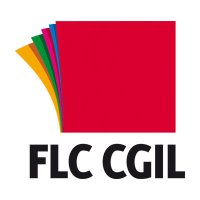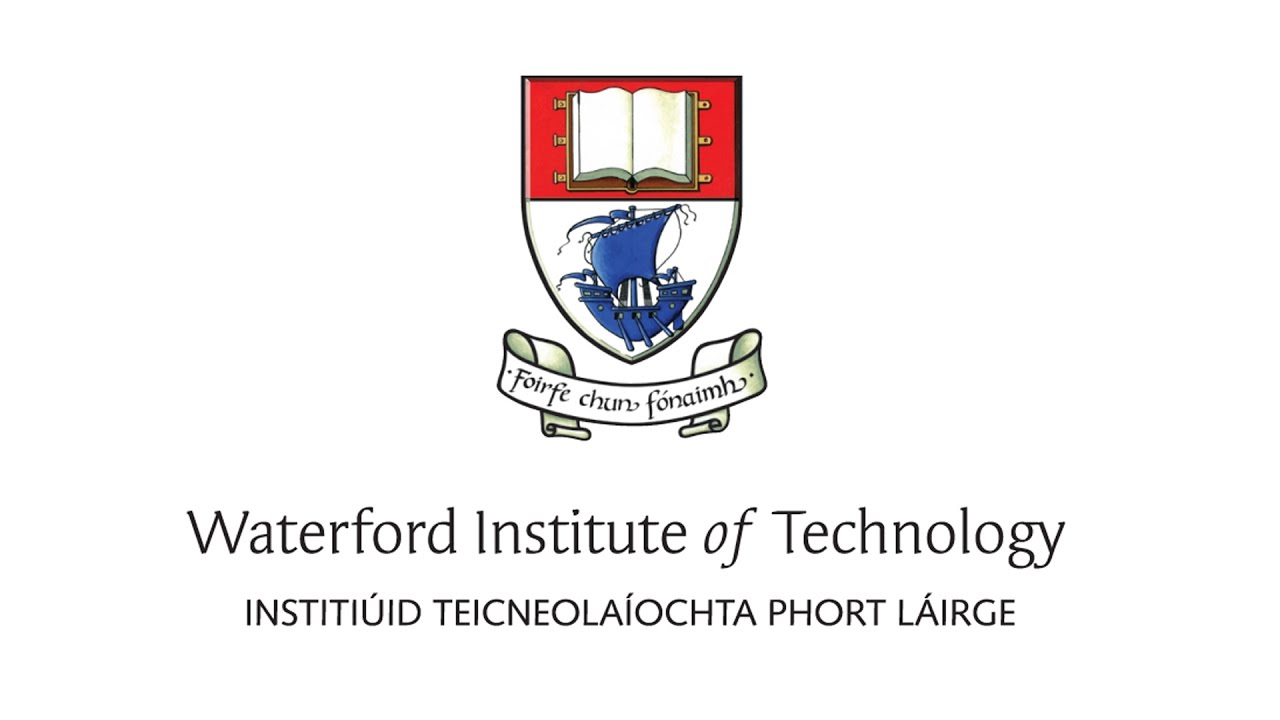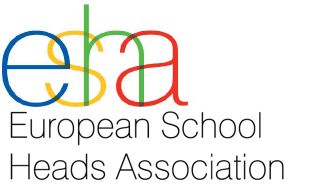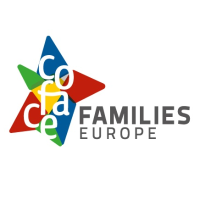2nd Training Workshop
5 March 2019
The EU CONVINCE project seeks to provide teachers, other education personnel, school leaders, as well as the education institution community as a whole with tools and methods to deliver inclusive quality education to all and better deal with citizenship related issues both in the classroom and in extra-curricular activities.
- Joint Statement on Inclusive Schools Within the Context of Diverse Societies
- Joint Statement on Citizenship Education and EU Common Values
- MOOC Citizenship and Human Rights Education for Change
- Project Newsletter
- Facebook group ‘Schools for Inclusion’
- Research
- Closing Conference
- 3rd Training workshop
- 2nd Training Workshop
- 1st Training workshop
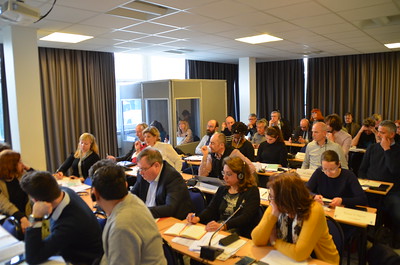
Advisory Group
- Odile Cordelier SNES-FSU France
- Claudio Franchi FLC-CGIL Italy
- Janina Glaeser GEW Germany
- Laura Widger Waterford Institute of Technology Ireland
- Daniel Wisniewski EFEE EU
- Fred Verboon ESHA EU
Advisory Group
Partenaires
With the support of
Related topics
A training workshop on ‘The whole-school approach as a tool to prevent radicalisation and extremism’ took place on 5 March 2019 in Paris, France, and gave the opportunity to ETUCE, EFEE and ESHA members from Belgium, Croatia, Cyprus, Denmark, Estonia, France, Germany, Greece, Italy, Ireland, Latvia, Malta, Poland, Portugal, Romania, Slovenia, the Netherlands, the United Kingdom, to discuss their role in promoting democratic citizenship and social inclusion in diverse educational contexts and learning environments. In the smaller working groups, participants shared their national examples of challenges encountered by education stakeholders when implementing the whole-school approach, including the lack of time and space due to the workload and restrictive curriculum which focuses only on the preparations for the exams. Participants also proposed good practices and innovative solutions on encouraging a democratic culture in education, such as promoting unique critical thinking skills, preparing children to fully respect different views, cultures, traditions from the very early age, collaborating with the local community, and ensuring the cooperation of all stakeholders in education from support personnel to school leaders and education authorities. Furthermore, Milica Popovic, a consultant and Council of Europe expert, explained the competences for democratic culture proposed by the recently published Reference Framework of Competences for Democratic Culture (Council of Europe). To stir up the discussions, Dr. Catherine Lowry-O’Neill from the project’s partner, School for Lifelong Learning of ‘Waterford Institute of Technology’ (Ireland) reflected on the reasons for which people become extremist and presented key elements of the whole-school approach as a tool to prevent the radicalisation through education.
Report - Background document – Presentations (General Presentation - Research Presentation - Lowry O'neill - Popovic - MEDE - MUT - OBESSU - MBO-Raad) - Pictures


